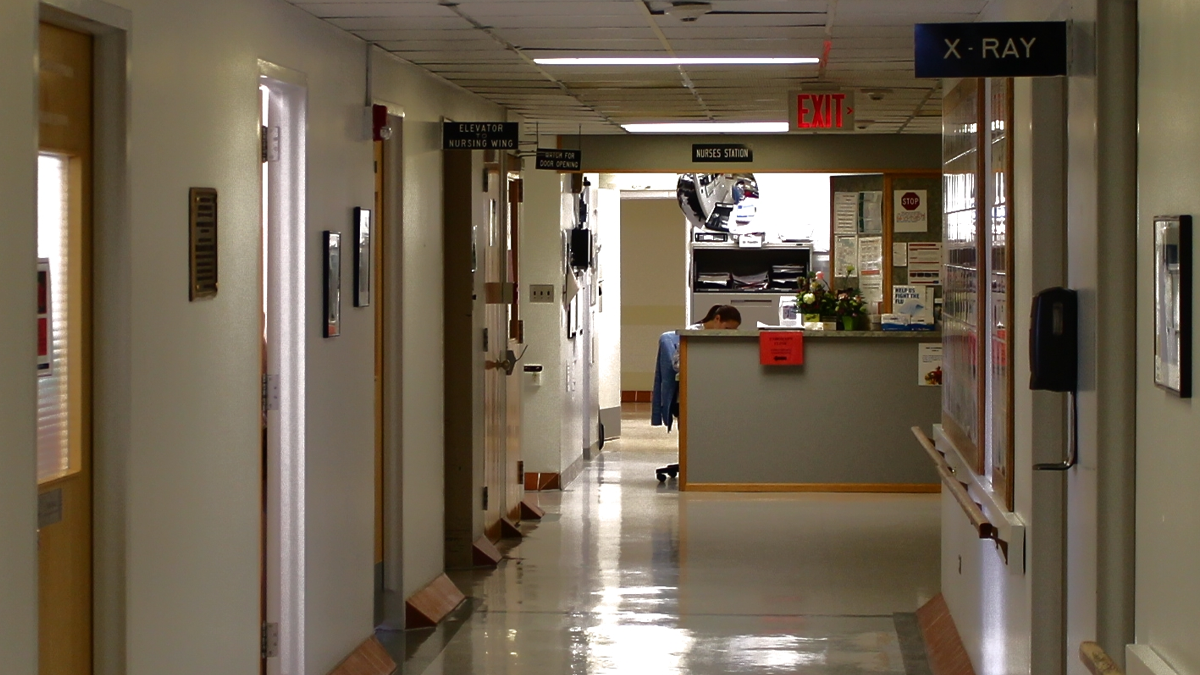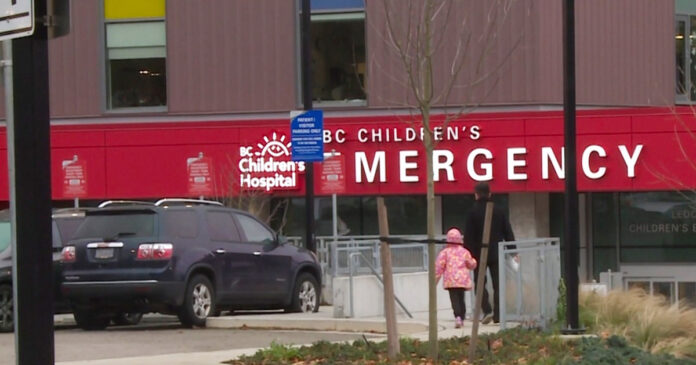A recent survey by a small business advocacy group has revealed growing discontent among small businesses towards the federal carbon tax.
Data by the Canadian Federation of Independent Business (CFIB) shows that 85% of businesses now oppose the federal carbon tax and want it removed, a significant increase from the 52% opposition recorded just a year ago. The majority of small firms find the tax unfair, especially in light of the federal government’s recent decision to exempt only one heating fuel, heating oil, from the tax.
“Small businesses have been raising their concerns with the carbon tax for years,” said CFIB president Dan Kelly.
“They pay about 40% of the costs of the carbon tax, but the federal government has promised to return only 10% to small businesses.”
Another rising concern is that many small firms will be ineligible for the Federal Fuel Charge Proceeds Return Program if the federal government ever gets around to creating it, explained Kelly. This program promised to deliver the $2.5 billion collected from taxpayers since 2019 to small businesses and Indigenous groups.
The recent decision by the government to exempt certain Canadians from the carbon tax for heating costs has further exacerbated the issue. CFIB worries that the funding for this exemption may come at the expense of the small portion of carbon tax revenue earmarked to be returned to small businesses.
“The entire federal carbon tax structure is beginning to look like a shell game,” said Kelly.
With rising costs on everything from supplies to fuel to taxes and the Canada Emergency Business Account (CEBA) loan repayment deadline fast approaching, small businesses are in a precarious financial position, explained Kelly.
To address these concerns, CFIB is urging the federal government to make several important changes.
The changes include expanding the carbon tax exemption to all forms of heating fuels used by small businesses, including natural gas and other sources used by small businesses.
Halting future carbon tax increases, including the planned hike on April 1, 2024 should also be on the table, the CFIB explained. Immediately returning all promised funds to all small businesses that paid into the tax could also be a solution and ensuring businesses are eligible for rebates or refunds equivalent to the full share of the fuel charge costs they incur (estimated at 40% by CFIB).
The CFIB has also called on supporting the passing of Bill C-234 at third reading in the Senate rapidly without any amendments.
While consumers and larger corporations have benefited from rebates and grants, small businesses feel left behind, explained the CFIB.
“If the government can’t fix the carbon backstop system now, it’s time to scrap it and look for other ways to address climate change,” said Kelly.Despite unexpected support from the NDP, a Conservatives motion to extend the carbon tax exemption to all forms of home heating was defeated in the House of Commons on Monday. Liberal and Bloc Québécois MPs voted against the motion. The final vote count had 186 MPs opposed and 135 in support.



























